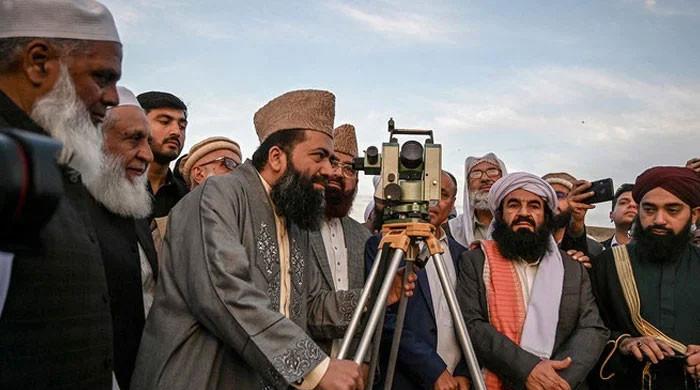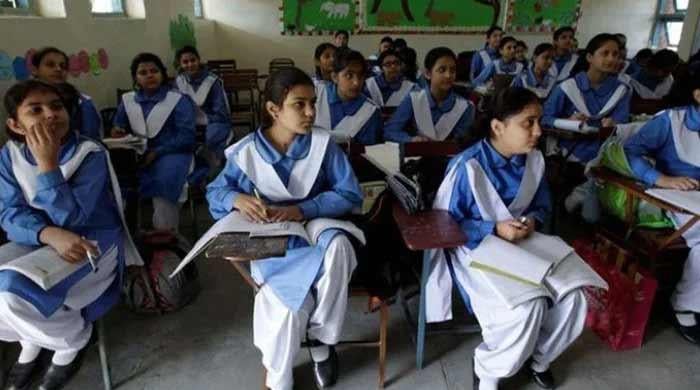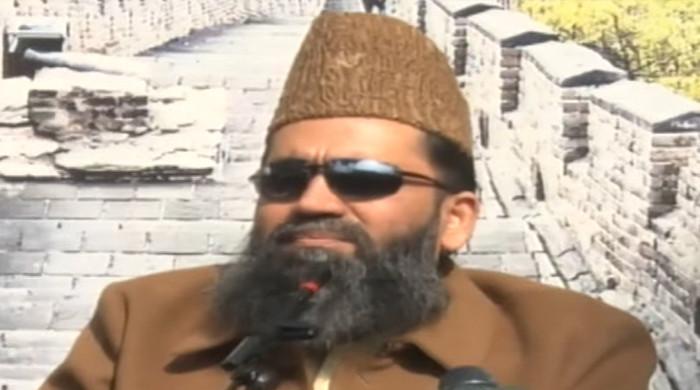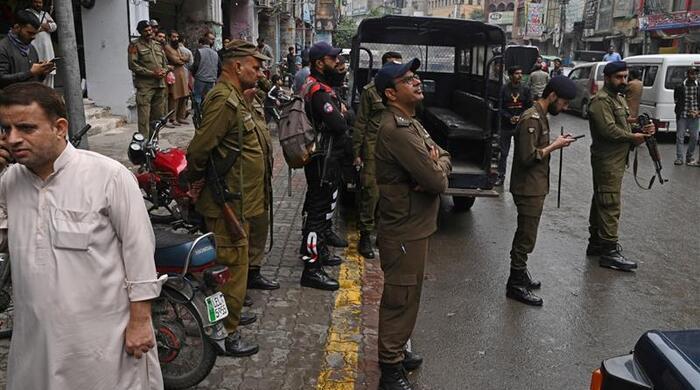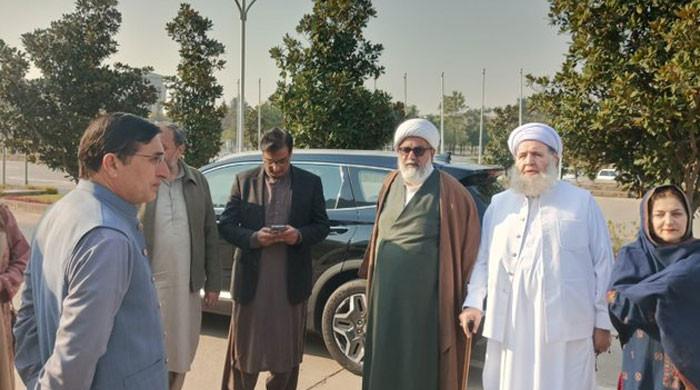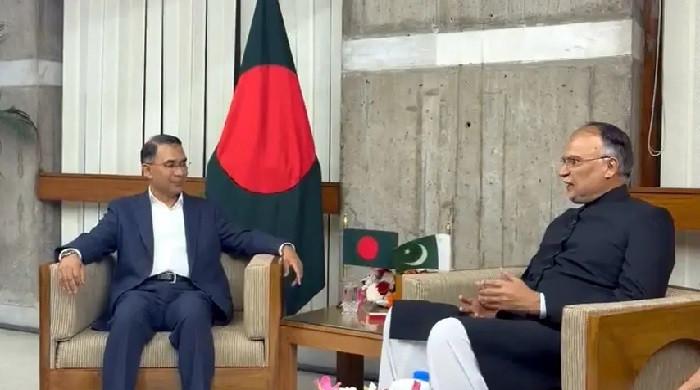Failure to form inclusive govt will lead to civil war in Afghanistan: PM Imran Khan
"If they do not include all factions, sooner or later they will have a civil war," PM Imran Khan says
September 21, 2021
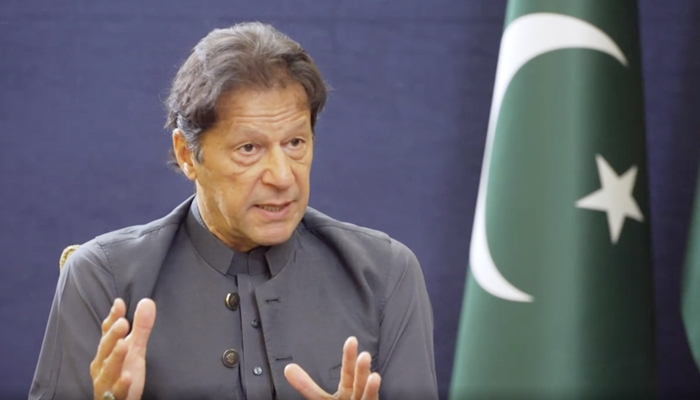
- PM Imran urges Taliban to respect human rights, ensure Afghanistan is not used against any country.
- Decision to recognise Taliban govt to be taken in consultation with neighbouring states, he says.
- "If they do not include all factions in their govt, sooner or later they will have a civil war," prime minister says.
Failure to form an inclusive government will lead to civil war in Afghanistan, Prime Minister Imran Khan has said, as the Taliban announced several senior appointments nearly a month after they took over the country.
The Taliban were ousted from power by US-led forces in 2001 for refusing to hand over al Qaeda leaders responsible for the September 11 attacks. The group returned to Kabul last month after US forces announced they were leaving and the US-backed government and military collapsed.
"If they do not include all the factions [in the government] sooner or later they will have a civil war. That would mean an unstable, chaotic, Afghanistan and an ideal place for terrorists. That is a worry," the premier said in an interview with BBC's John Simpson.
On recognising the Taliban government, the prime minister said the decision would be taken after consultations with other neighbouring states.
"All neighbours will get together and see how they progress [...] whether to recognise them or not will be a collective decision," the premier said.
PM Imran Khan called on the Taliban leadership to form an inclusive government, respect human rights, and ensure Afghanistan's soil is not used to house terrorists that could be a threat to Pakistan's security.
The foreign ministers of Russia, China, Pakistan, and Iran last Thursday held a meeting on the ongoing situation in Afghanistan and evolving security paradigm in the region and urged the Taliban to form an inclusive government in the country.
The premier noted that the statements that the Taliban had made after coming into power were "very encouraging", as he reiterated the international community should give Taliban more time.
The prime minister said Afghan women would eventually "assert their rights", as they were strong, and when asked how much time that would require, he said: "A year, two years, three years."
"It's just too early to say anything because it's barely been a month, and after 20 years of civil war, they [the Taliban] have come into power," the prime minister said.
The Taliban administration in Afghanistan is working towards reopening high school education for girls, who were left out of a recent return to school for boys and younger girls, although a Taliban spokesman speaking on Tuesday gave no time frame for action.
The Taliban say they have changed since their 1996-2001 rule, when they barred women from leaving home without a male relative and shuttered schools for girls, but they stirred scepticism when they said last week that they would open schools for high school-aged boys but not girls.
"In the case of schools (for female students), the Ministry of Education is working hard to provide the ground for the education of high school girls as soon as possible, work is underway on the procedure, and it is hoped that this will be done, God willing," Taliban spokesman Zabihullah Mujahid told reporters at a news conference in Kabul.




